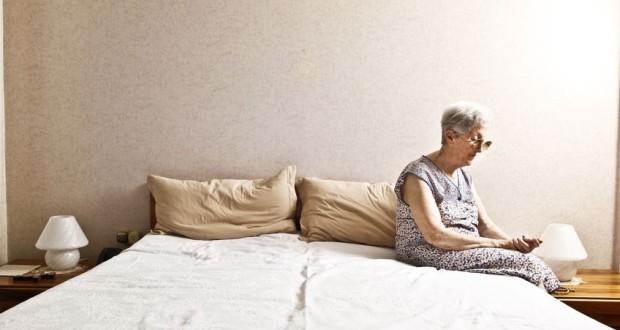Ideally, a person’s golden years should be a time filled with relaxation and happiness, with warm and close relationships with friends and family. Unfortunately, many seniors report increasingly strong symptoms of depression as they age, and feel a lack of connection to those around them. If you have elderly loved ones who fit this description, or are yourself a member of this group, you can take positive steps to remedy this situation and make life more enjoyable for all of those involved.
Depression in seniors is not an uncommon occurrence; some 7 million Americans over 65 have been diagnosed with depression, and millions more may unknowingly be suffering from the condition. According to the US Centers for Disease Control and Prevention, seniors have the highest rate of suicide in the United States.
The lifestyle of seniors may explain these distressing numbers; seniors are more likely than other age groups to live alone, and thereby can be more at risk of feeling isolated. In addition, seniors tend to have more physical problems, and may struggle with acknowledging their presence and the limitations they impose on their daily activities. These physical handicaps can initiate depression in seniors, and aggravate preexisting mental problems in the elderly. Early memory loss has also been linked to an increased risk of depression in seniors.
What You Can Do
There are a number of techniques and approaches you can use to lift the spirits of an elderly loved one.
- First, attempt to persuade the elderly person in question to seek help from their primary care physician. In more advanced cases of depression, a doctor who specializes in treating geriatric depression may be required.
- If the person is often alone and without company, they may stand to benefit from increased interaction with family members, relatives and friends. Seniors may benefit from making new friends.
- If a doctor puts the elderly family member on a treatment program, make sure that he or she sticks with it. The depression patient may be tempted to stop treatments if they begin to feel better, mistakenly believing that their depression is fully behind them.
- Be advised that the first type of treatment may not work, and other treatment options may have to be considered.
- Self-medication with alcohol and smoking should be completely discouraged and avoided.
- Many elderly patients who experience depression also experience sleeplessness. Therefore, a patient with depression could easily benefit from getting an increased amount of sleep. This can be accomplished by getting to bed at a reasonable time and cutting down on caffeinated drinks.
- Carrying photos of loved ones may help seniors maintain a positive and upbeat mood.
 Natural Knowledge 24/7 Educate yourself with nutrition, health and fitness knowledge.
Natural Knowledge 24/7 Educate yourself with nutrition, health and fitness knowledge.






